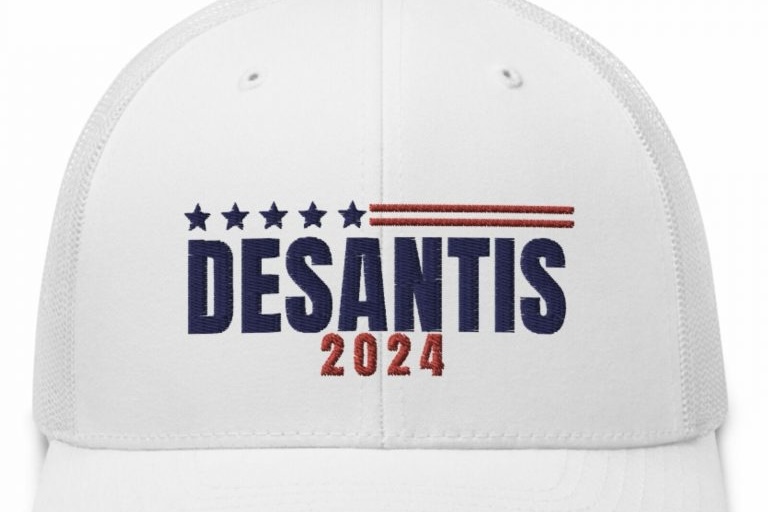
Now that the Republican Primary Season is over, it’s time to make a case that losing candidates were disadvantaged by poor merchandise. Looking at reviews of the Republican primary candidates’ merchandise, it’s evident that the mistakes they made were fatal to their campaigns.
Retail politics has evolved significantly in recent years thanks to the rise of technology. Candidates now use customized merchandise to elicit small-dollar donations, engage with supporters, and trial how they market themselves and gauge public response. Campaign store offerings have become tailored and designed to appeal to popular conversations on social media platforms like Instagram, Twitter, and TikTok.
Merchandise not only generates income and garners support but also provides valuable information to candidates about what resonates with voters and helps them adjust their messaging accordingly. However, a problem has emerged with the creation process. The WinRed platform, which is used by most Republican candidates, offers free storefronts for them. While this is helpful in providing easy access to design, source, produce, and distribute merchandise, it does have one significant drawback: all of the stores powered by WinRed look almost identical.
The result is a lack of distinction between candidates, which may go unnoticed by those who have already decided on their preferred candidate. However, for undecided voters shopping around for a candidate, this similarity could create confusion and impede their decision-making process.
It appears that losing candidates might have missed the opportunity to capitalize on the power of merchandise in their campaigns [1] [2]. The ineffective use of the WinRed platform and their failure to stand out from the crowd in their online merch stores seems to have been detrimental. Whether they underestimated the importance of tailored and visually appealing merchandise or simply made poor strategic decisions, it is evident that candidates must pay more attention to their merch game if they want to succeed in the ever-evolving political landscape.

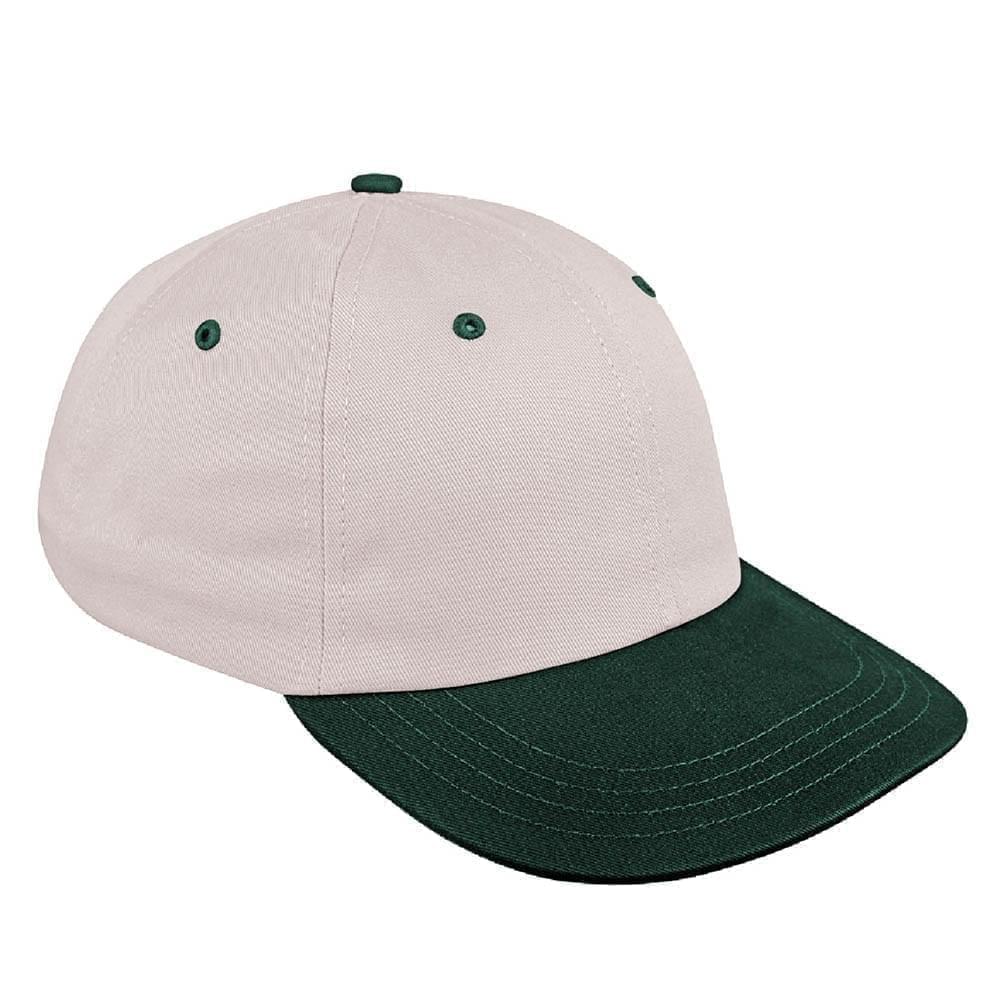 Dad Caps
Dad Caps
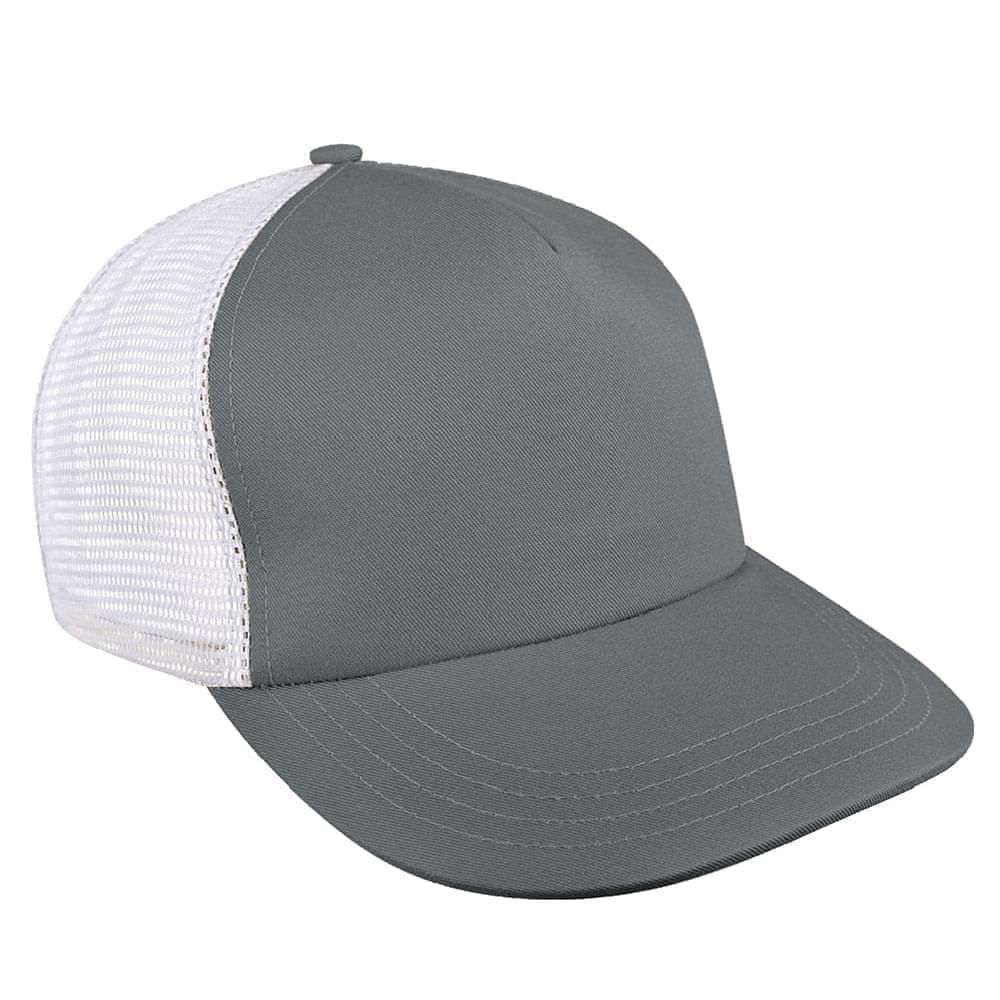 Five Panel Hats
Five Panel Hats
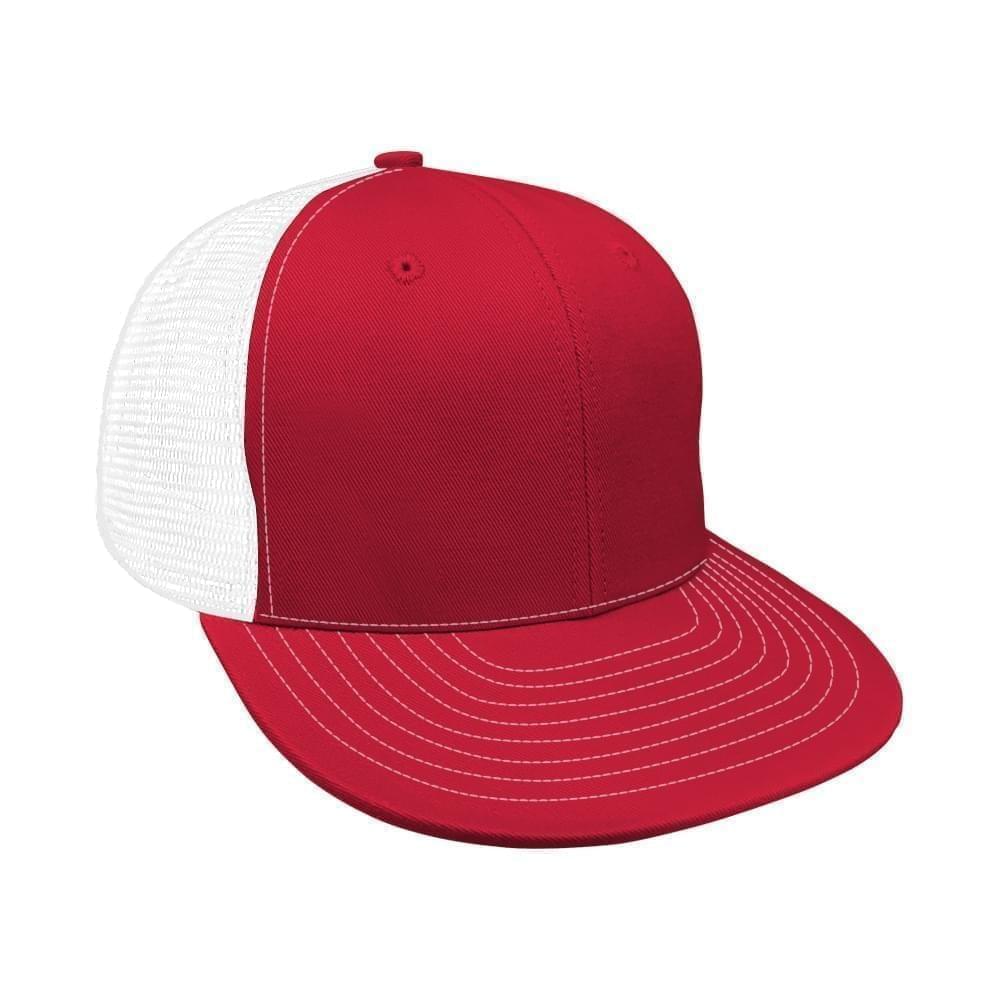 Mesh Back Hats
Mesh Back Hats
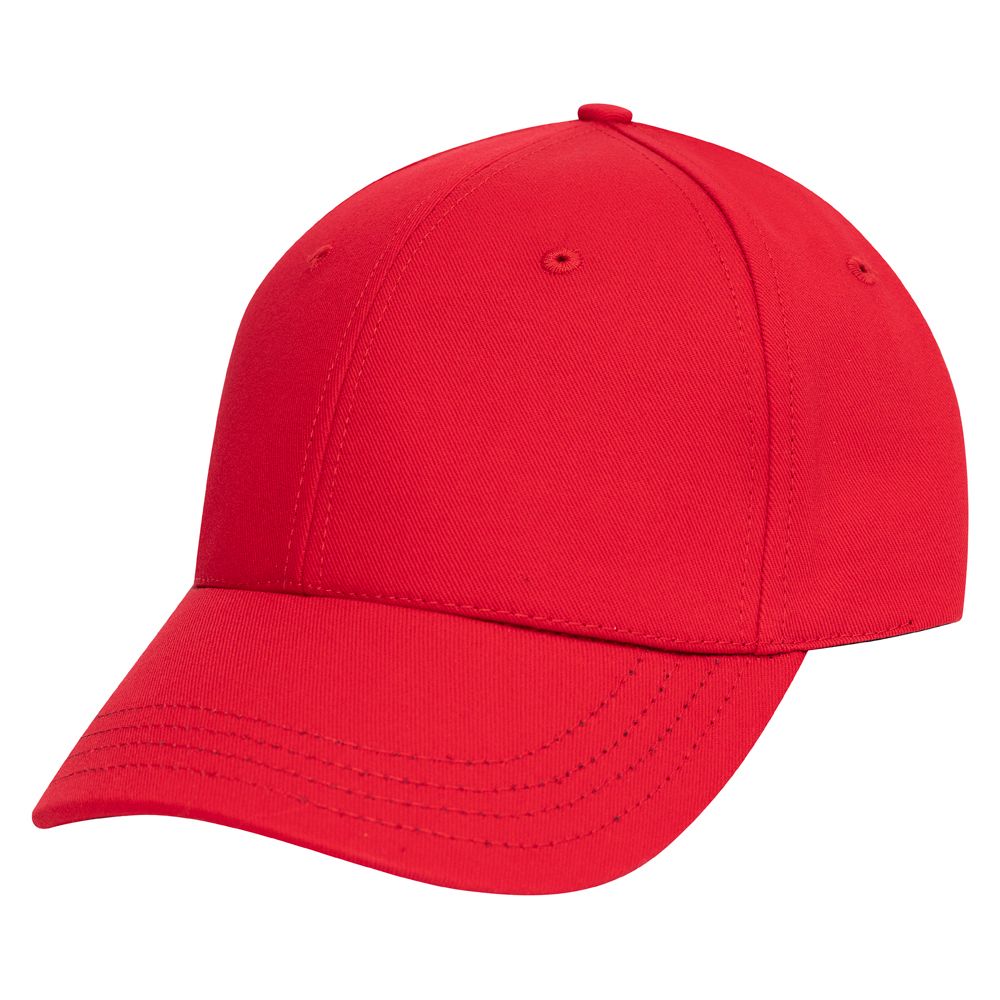 In Stock Blanks
In Stock Blanks
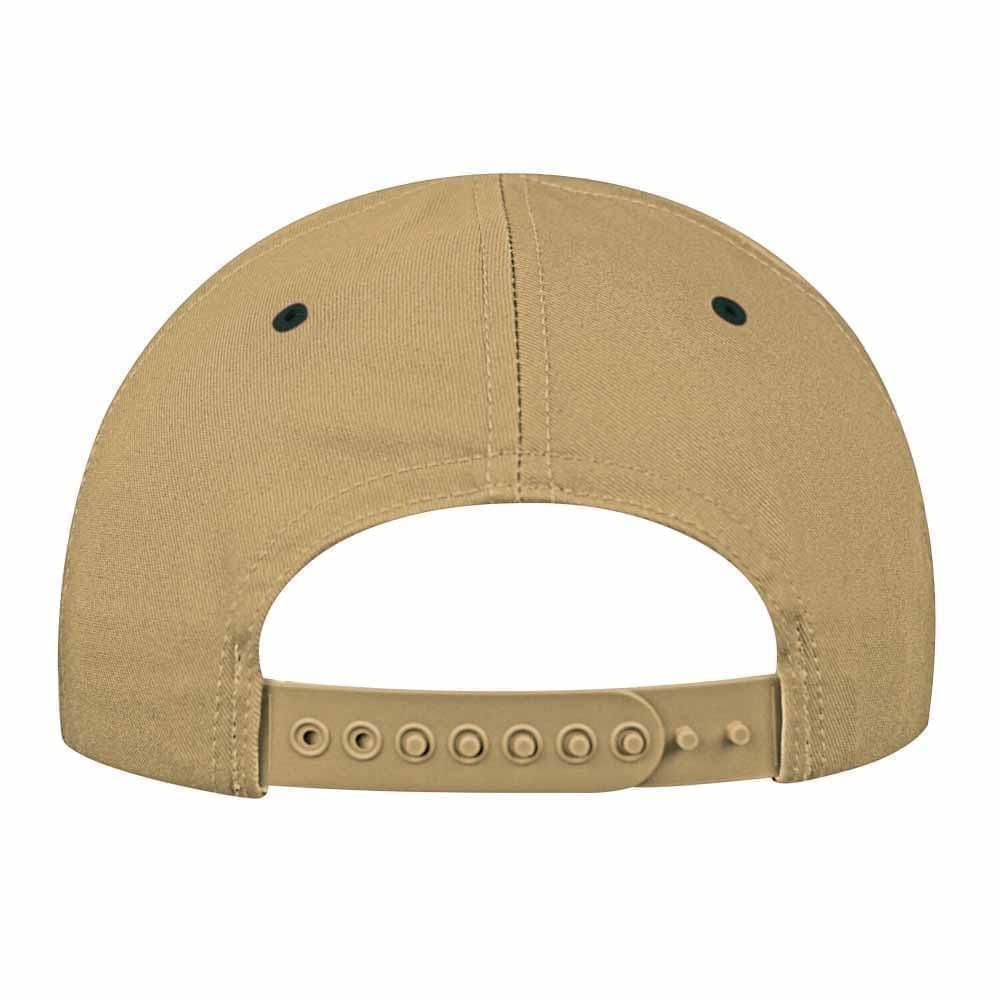 Snapback Hats
Snapback Hats
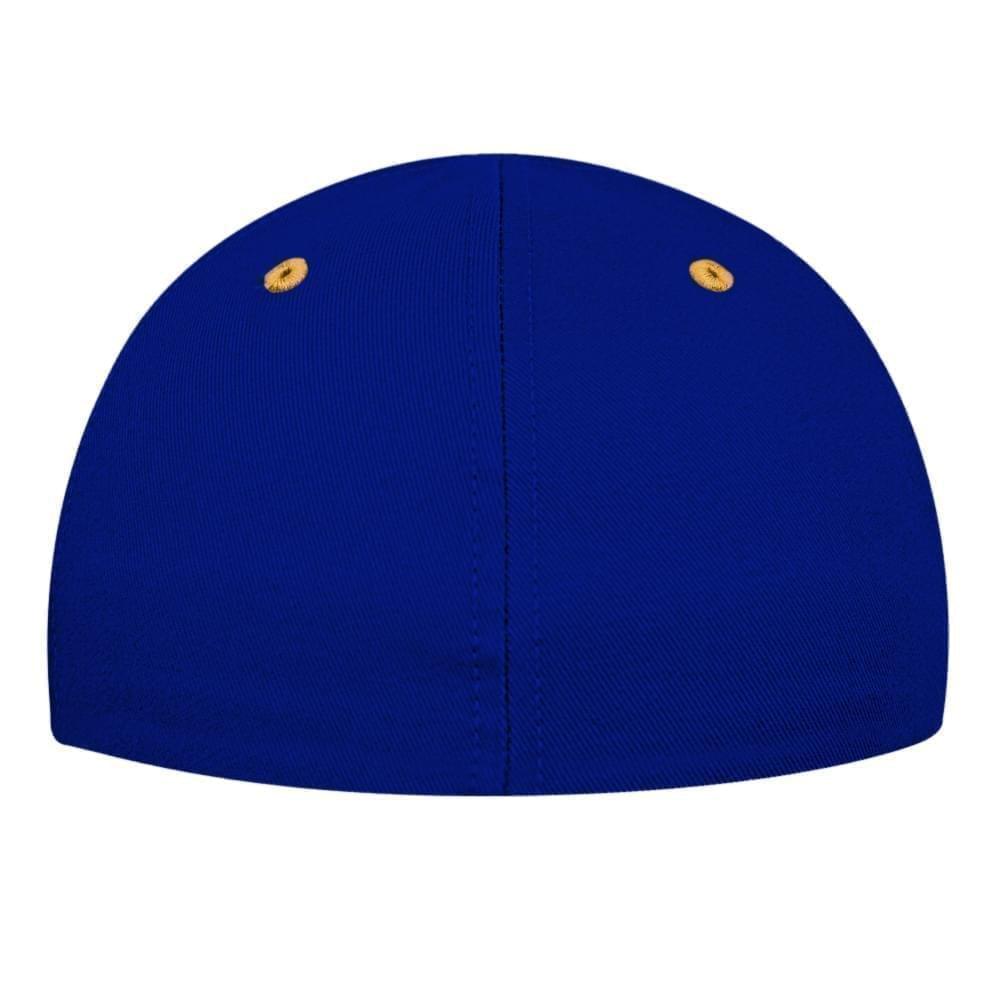 Stretchfit Hats
Stretchfit Hats
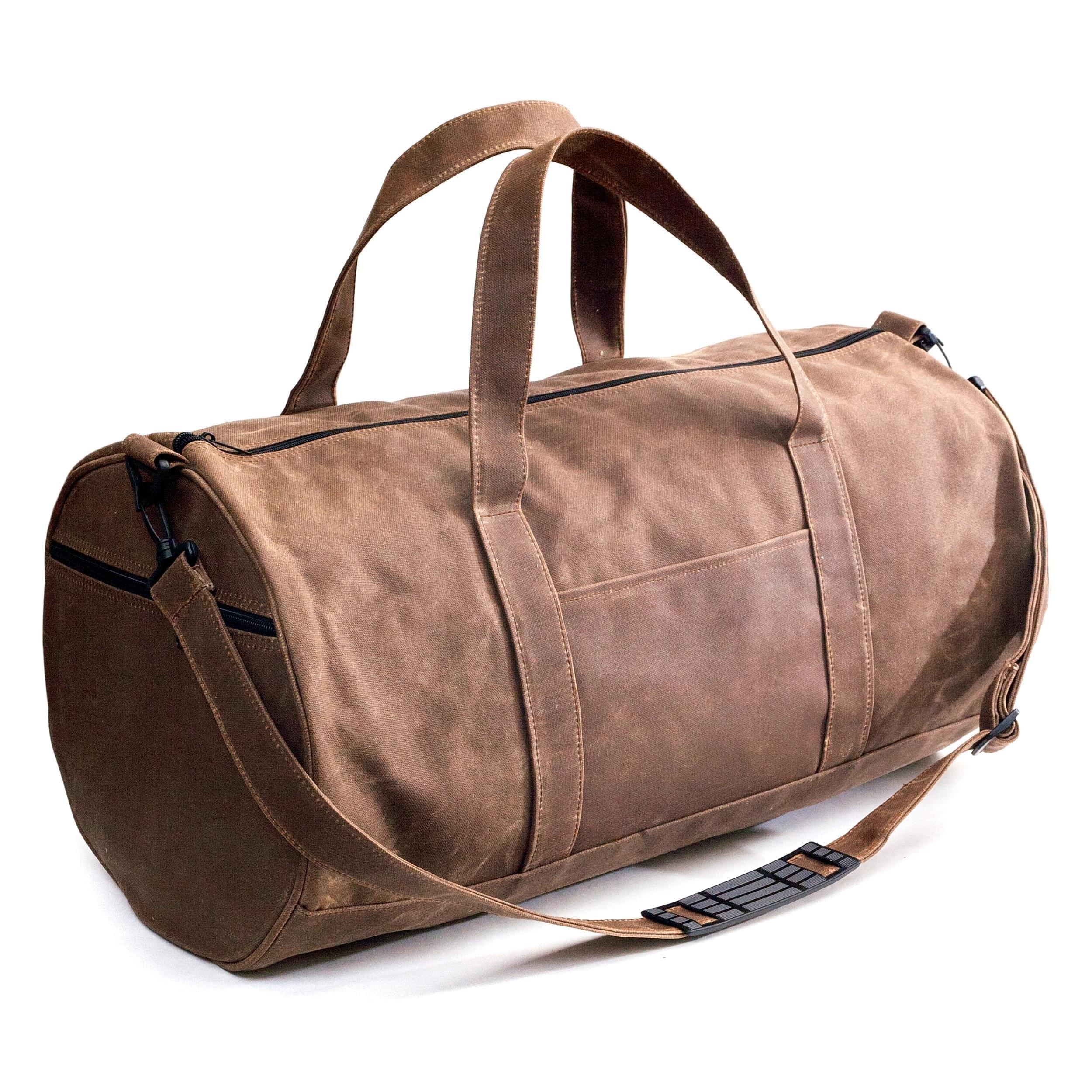 Duffel Bags
Duffel Bags
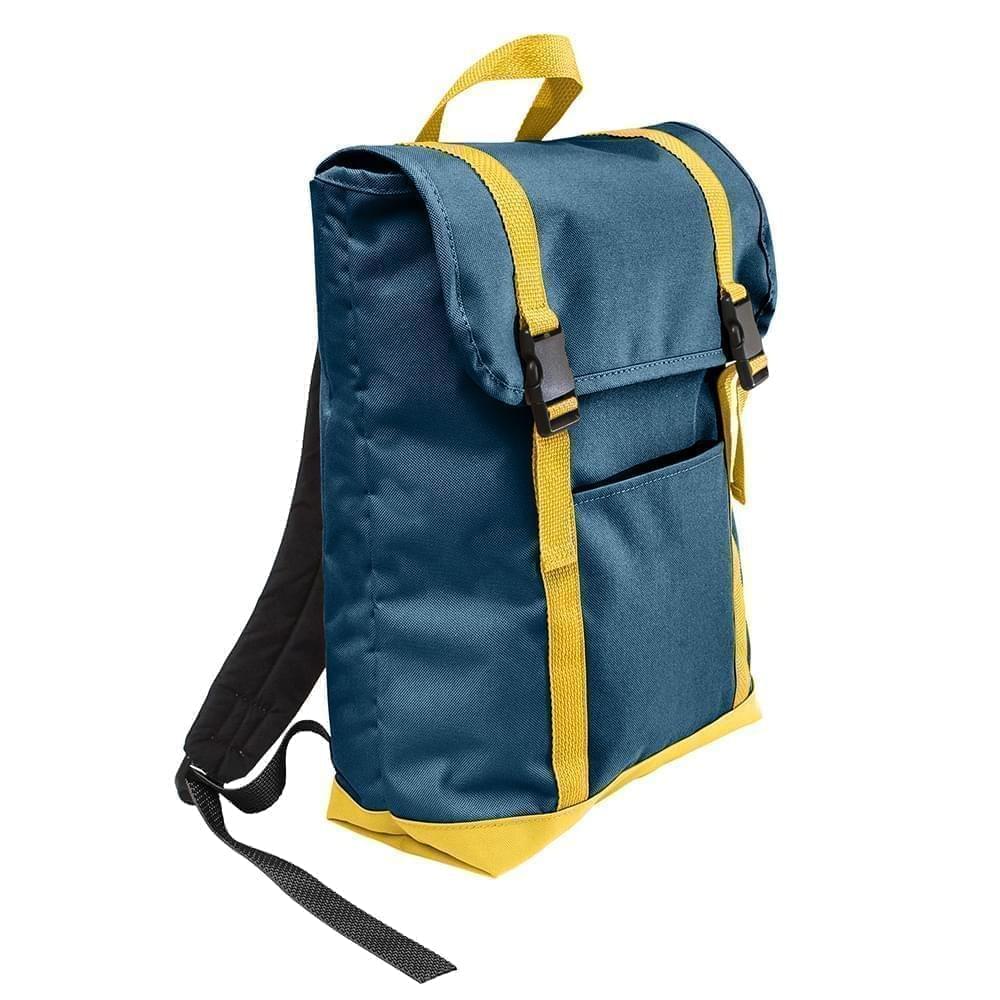 Backpacks
Backpacks
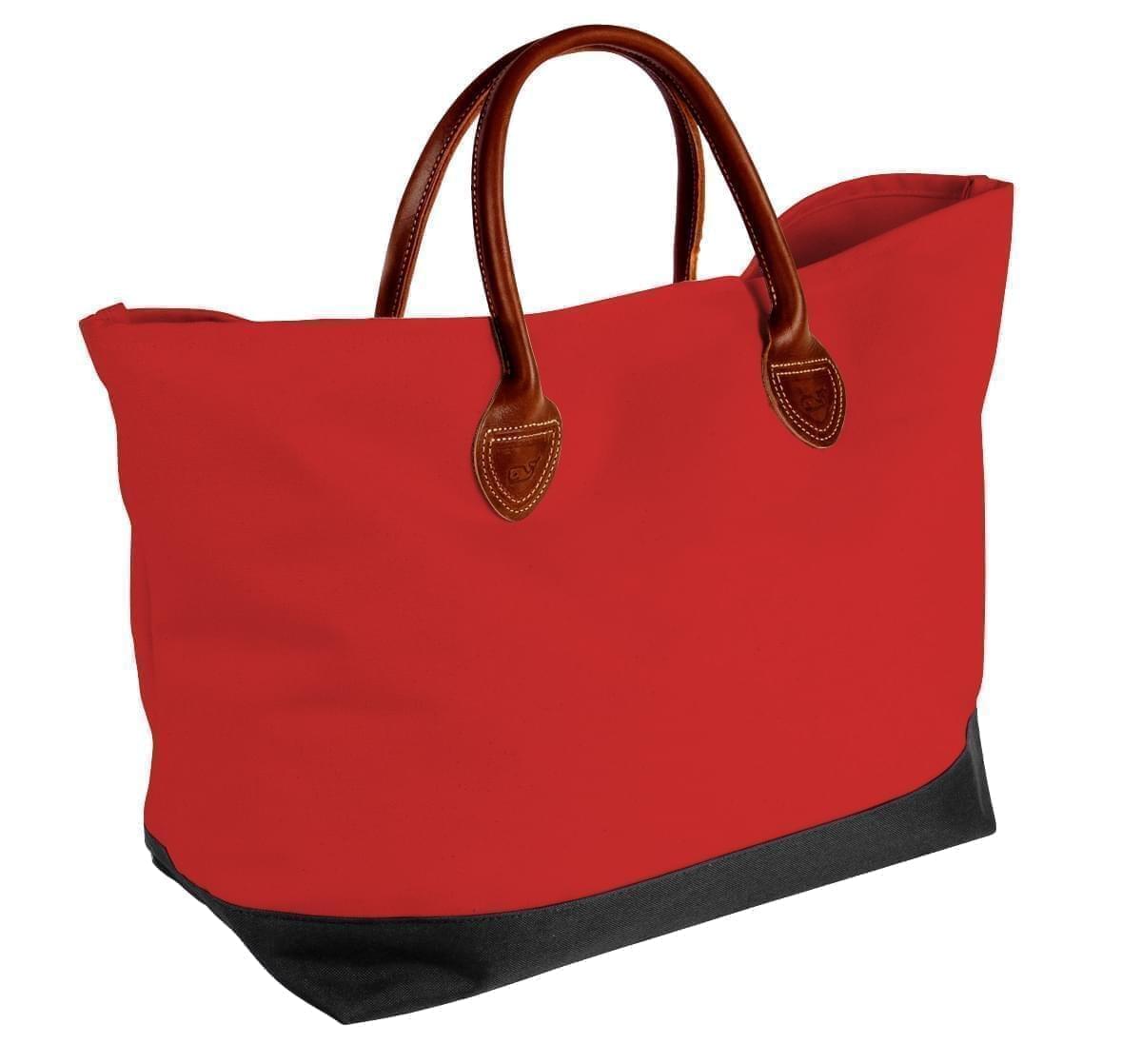 Tote Bags
Tote Bags
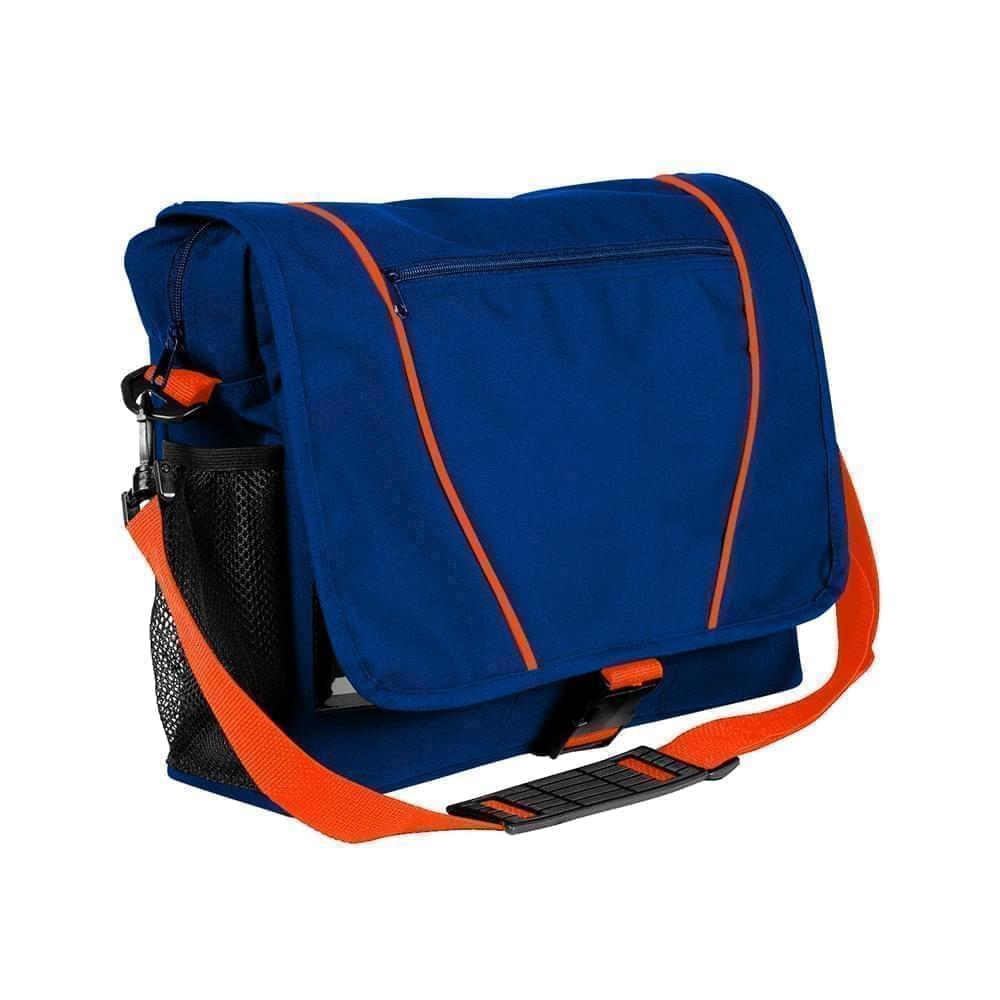 Computer Bags
Computer Bags
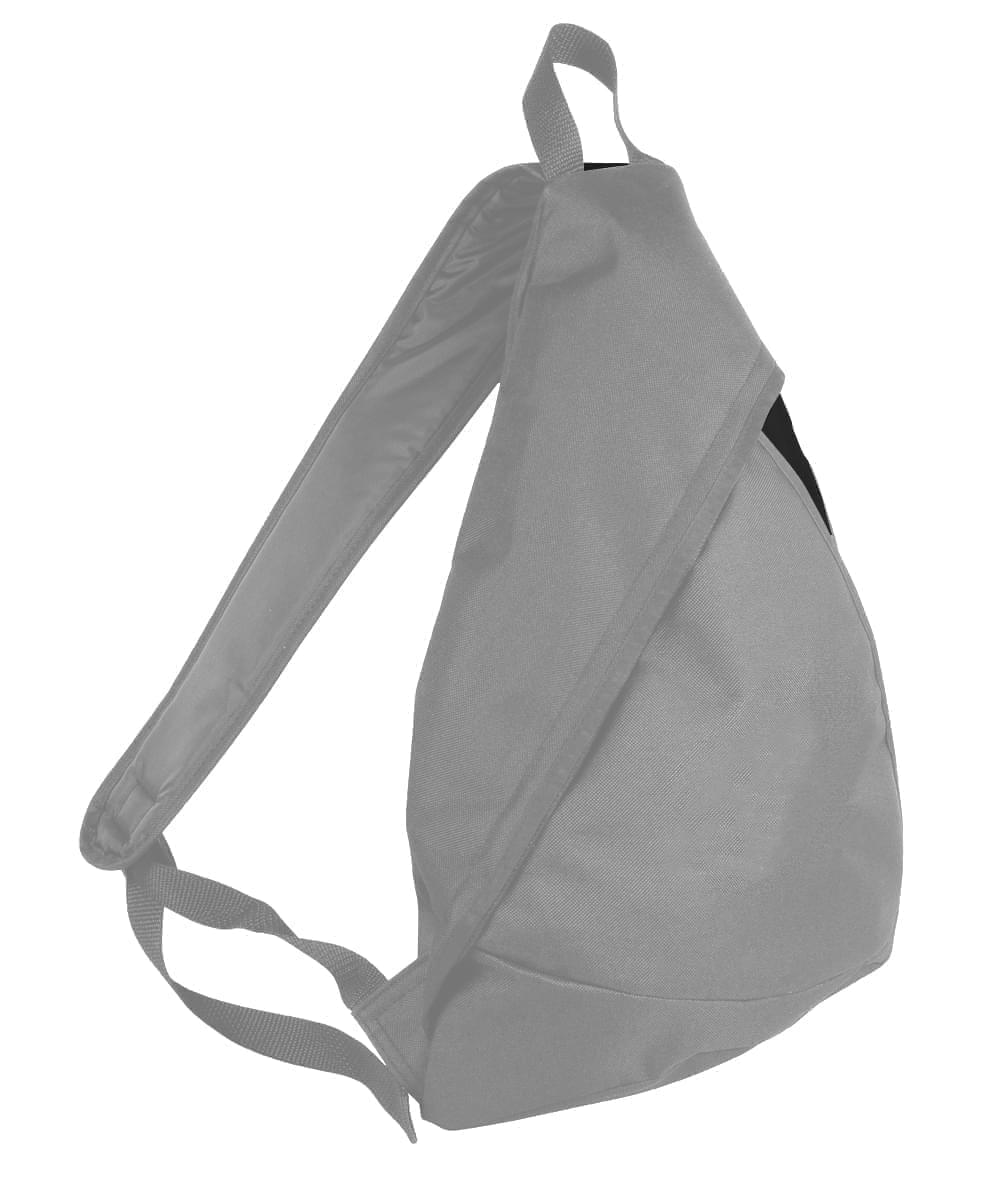 Sling Messenger Bags
Sling Messenger Bags
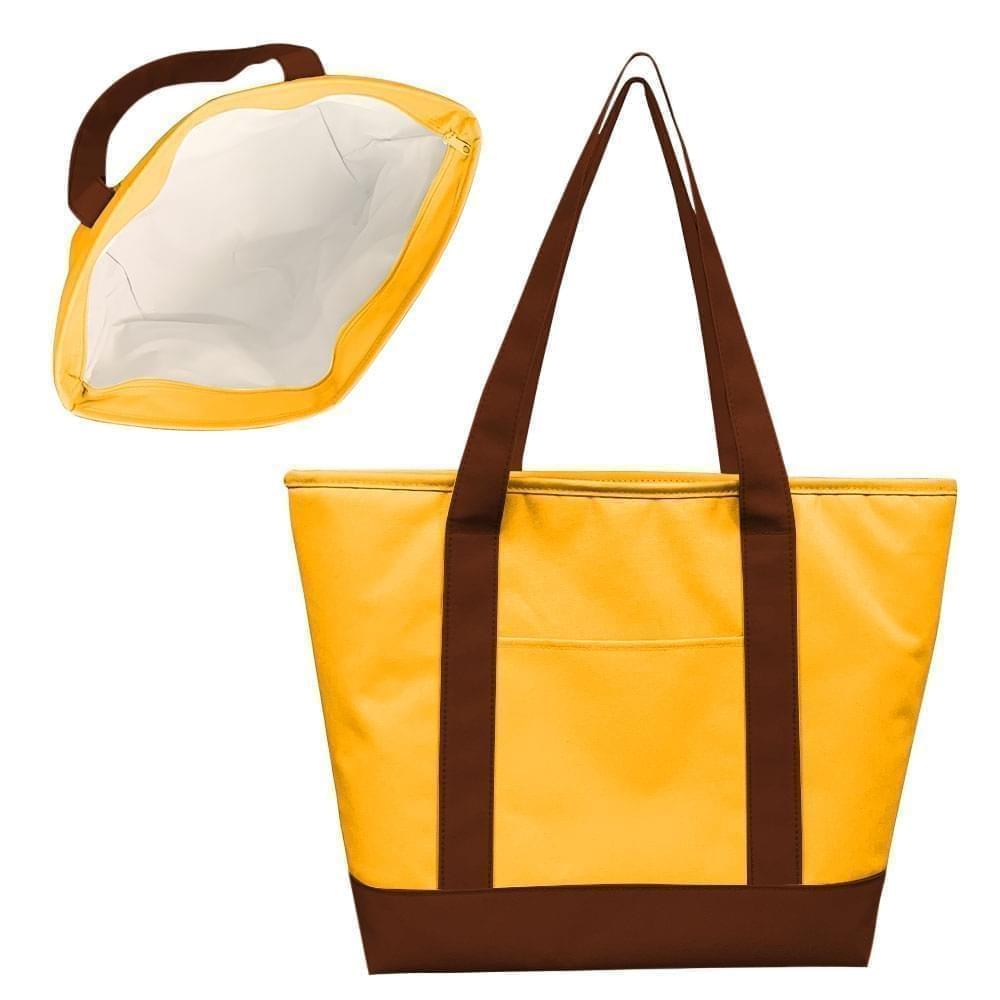 Cooler Bags
Cooler Bags
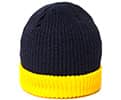 Cuff Hats
Cuff Hats
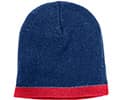 Beanies
Beanies
 Scarves
Scarves
 Zipper Folders
Zipper Folders
 Stitched Folders
Stitched Folders
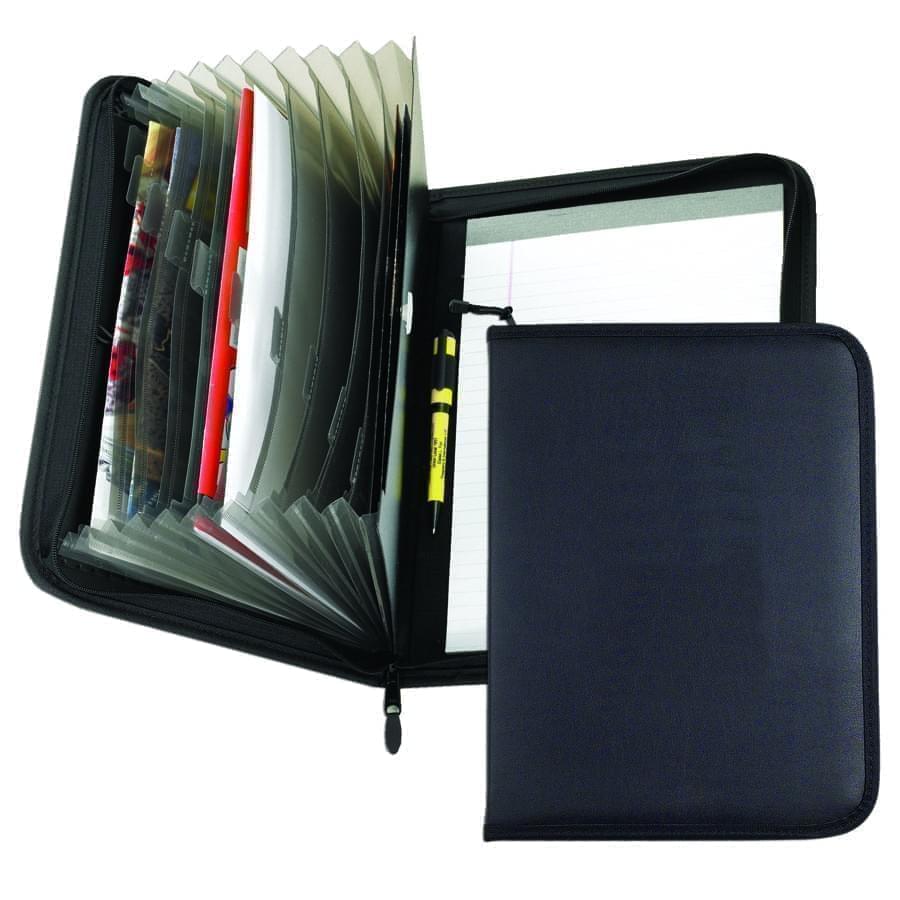 Accordion Folders
Accordion Folders
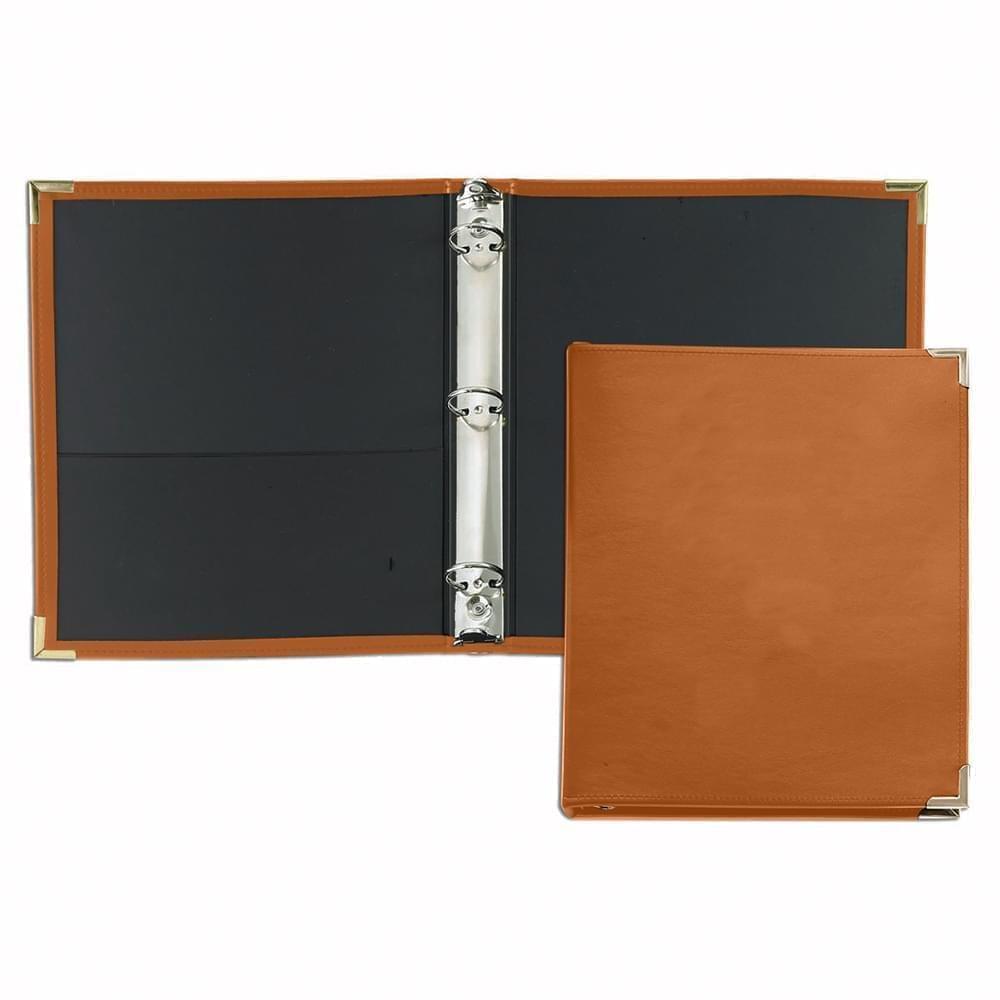 Ring Binders
Ring Binders
 Letter Folders
Letter Folders
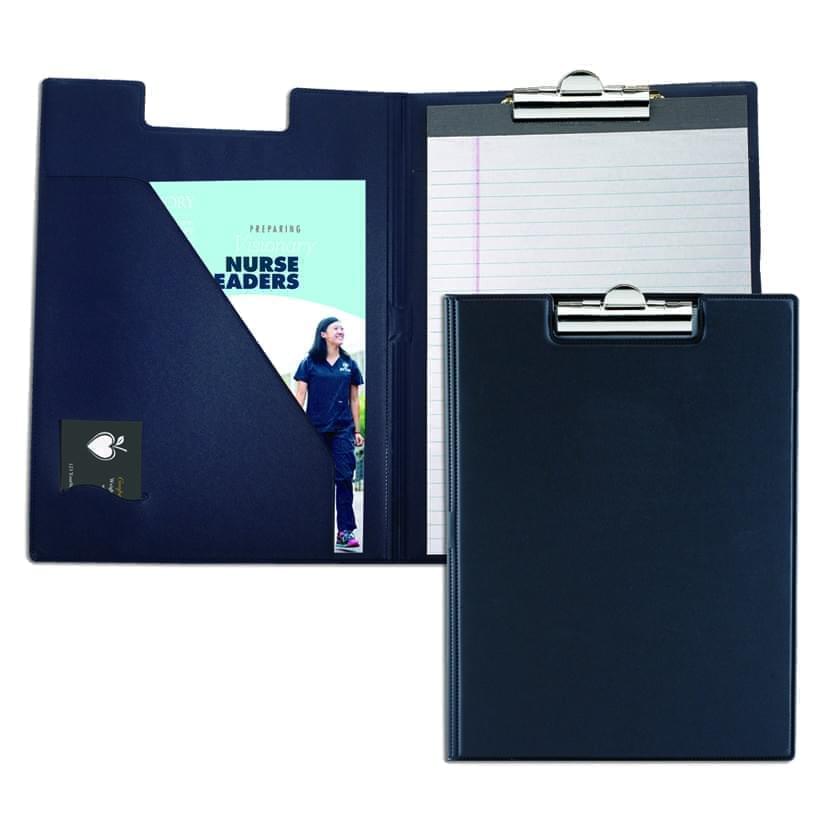 Clipboards
Clipboards

 Union Made In USA
Union Made In USA






